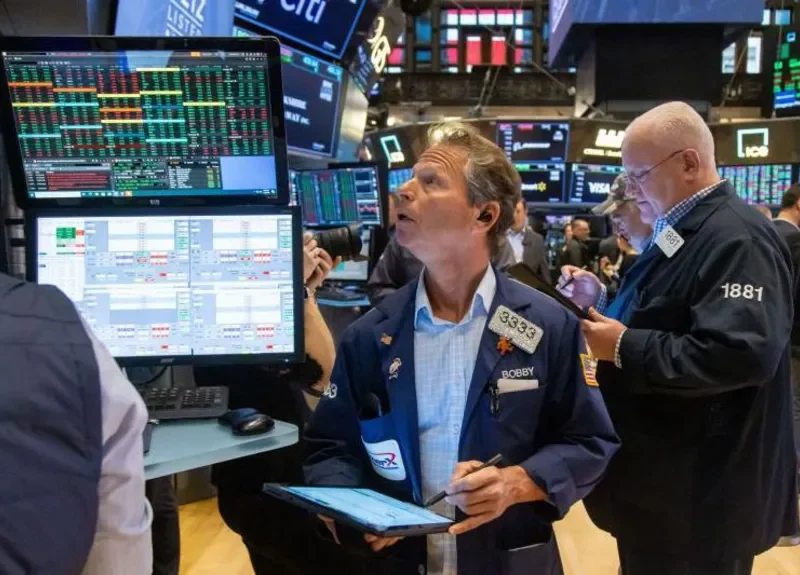Donald Trump pledged during his campaign to tax all imports to the U.S. if he retakes the White House, sparking concern among global businesses and economists over the seriousness of his intent.
Previously, Trump has targeted tariffs at specific countries, like China, or industries, such as steel. But his promise to impose a blanket 10-20% tax on all imported goods could impact global prices significantly.
Recently, he directed his comments at Europe, saying, “The European Union sounds so nice, so lovely, right? All the nice European little countries that get together… They don’t take our cars. They don’t take our farm products. They sell millions of cars in the United States. No, no, no, they are going to have to pay a big price.” This led to a 5-7% drop in the shares of major German automakers like BMW, Mercedes, and Volkswagen, as the U.S. remains a key market for them.
Throughout his campaign, Trump framed tariffs as a solution to various issues, from addressing China’s trade practices to tackling illegal immigration, even calling tariffs “the most beautiful word in the dictionary.” Although China is a primary focus, the scope of these measures extends beyond it.
Certain regions, including the EU, are preparing potential retaliatory actions against the U.S., having seen previous threats materialize as tariffs. G7 finance ministers emphasized the need to maintain alliances and avoid a trade war, but Europe is ready to respond if Trump leverages strong trade powers.
In the past, the EU responded to U.S. tariffs on steel and aluminum with duties on American goods like Harley Davidson motorcycles, bourbon, and Levi’s jeans. According to a leading Eurozone central banker, U.S. tariffs aren’t directly inflationary in Europe, but much depends on Europe’s reaction.
The IMF has projected that a major trade conflict could shrink the world economy by 7%, equivalent to the combined size of France and Germany’s economies.
For the UK, a post-Brexit positioning in a possible trade war raises critical questions. The UK’s approach so far has been to align more closely with EU standards, complicating the prospects for a U.S. trade deal. Trump’s top trade adviser, Bob Lighthizer, previously noted that the UK’s alignment with the EU limited U.S. interest in a trade agreement. A neutral stance might be challenging, as the UK could still face trade impacts, especially in pharmaceuticals and cars.
The UK might seek a middle ground, perhaps negotiating to be excluded from any broad U.S. tariffs. British diplomats are hopeful about working with more pragmatic advisors in the Trump administration to secure favorable terms for allies. Alternatively, the UK could join forces with the EU to counter sweeping U.S. tariffs.
If the U.S. adopts a strong protectionist stance, other countries might be tempted to follow suit, especially smaller economies. This risk of escalation illustrates how significant trade wars can emerge from a single country’s actions.











